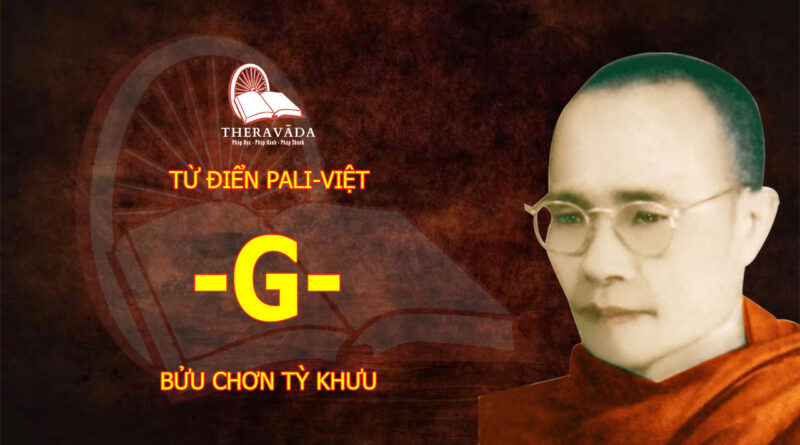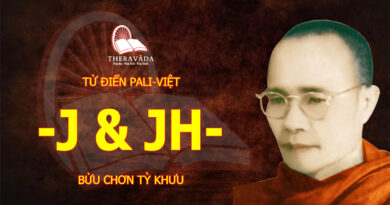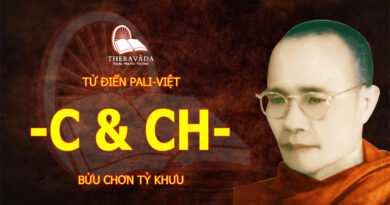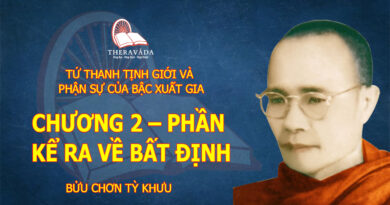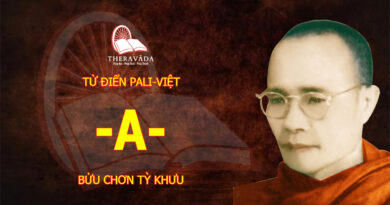Q&a 7 – The Art Of Living – S.n. Goenka
Questions and Answers
QUESTION: Why must we move our attention through the body in a certain order?
N. GOENKA: Because you are working to explore the entire reality of mind and matter. To do this you must develop the ability to feel what is happening in every part of the body; no part should remain blank. And you must also develop the ability to observe the entire range of sensations. This is how the Buddha described the practice: “Everywhere within the limits of the body one experiences sensation, wherever there is life within the body.”7 If you allow the attention to move at random from one part to another, one sensation to another, naturally it will always be attracted to the areas in which there are stronger sensations. You will neglect certain parts of the body, and you will not learn how to observe subtler sensations. Your observation will remain partial, incomplete, superficial. Therefore it is essential always to move the attention in order.
How do we know that we are not creating sensations?
You can give yourself a test. If you are doubtful whether the sensations you feel are real, you can give yourself two or three commands, auto-suggestions. If you find that the sensations change according to your commands, then you know that they are not real. In that case you must throw away the entire experience and start again, observing respiration for some time. But if you find that you cannot control the sensations, that they do not change according to your will, then you must throw away the doubt and accept that the experience is real.
If these sensations are real, why don’t we feel them in ordinary life?
You do, at the unconscious level. The conscious mind is unaware, but every moment the unconscious mind feels sensations in the body and reacts to them. This process happens twenty-four hours a day. But by practising Vipassana, you break the barrier between conscious and unconscious. You become aware of everything that happens within the mental-physical structure, of everything that you experience.
Deliberately allowing ourselves to feel physical pain—this sounds like masochism.
It would be if you were asked just to experience pain. But instead you are asked to observe pain objectively. When you observe without reacting, automatically the mind starts to penetrate beyond the apparent reality of the pain to its subtle nature, which is nothing but vibrations arising and passing away every moment. And when you experience that subtle reality, the pain cannot master you. You are the master of yourself, you are free of the pain.
But surely the pain can be that the blood supply has been cut off in a part of the body. Is it wise to ignore that signal?
Well, we have found that this exercise does not cause harm; if it did, we would not recommend it. Thousands of people have practised this technique. I do not know of a single case where someone who was practising properly injured himself. The common experience is that the body becomes more supple and flexible. The pain goes away when you learn to face it with a balanced mind.
Isn’t it possible to practise Vipassana by observing at any of the six sense doors, for example, by observing the contact of the eye with vision and the ear with sound?
Certainly. But still that observation must involve awareness of sensation. Whenever a contact occurs at any of the six sense bases— eye, ear, nose, tongue, body, mind—a sensation is produced. If you remain unaware of it, you miss the point where reaction begins. In the case of most of the senses, contact may be only intermittent. At times your ears may hear a sound, at times not. However, at the deepest level there is a contact of mind and matter at every moment, continually giving rise to sensations. For this reason, observing sensations is the most accessible and vivid way to experience the fact of impermanence. You should master this before attempting to observe at the other sense doors.
If we should just accept and observe everything as it comes, how does progress come about?
Progress is measured according to whether you develop equanimity. You have no other real choice but equanimity, because you cannot change sensations, you cannot create sensations. Whatever comes, comes. It may be pleasant or unpleasant, of this type or that, but if you maintain equanimity, you are certainly progressing on the path. You are breaking the old mental habit of reaction.
That is in meditation, but how do you relate that to life?
When a problem arises in daily life, take a few moments to observe your sensations with a balanced mind. When the mind is calm and balanced, whatever decision you make will be a good one. When the mind is unbalanced, any decision you make will be a reaction. You must learn to change the pattern of life from negative reaction to positive action.
So if you are not angry or critical, but you see that something could be done differently, in a better way, then you go ahead and express yourself?
Yes. You must act. Life is for action; you should not become inactive. But the action should be performed with a balanced mind.
Today I was working to feel sensation in a part of the body that was dull, and as the sensation came up my mind gave me a kick; it felt just like hitting a home run. And I heard myself mentally yell “Good!” And then I thought, “Oh no, I don’t want to react like that.” But I wonder, back in the world, how can I go to a baseball game or a football game and not react?
You will act! Even in a football game you will act, not react, and you will find that you are really enjoying it. A pleasure accompanied by the tension of reaction is no real pleasure. When the reaction stops, the tension disappears, and you can really start to enjoy life.
So I can jump up and down and yell hooray?
Yes, with equanimity. You jump with equanimity.
What do I do if my team loses?
Then you smile and say “Be happy!” Be happy in every situation!
This seems to me the basic point.
Yes!
Bài viết này được trích từ cuốn sách The Art Of Living – Thiền Sư S.N.Goenka và William Hart.

